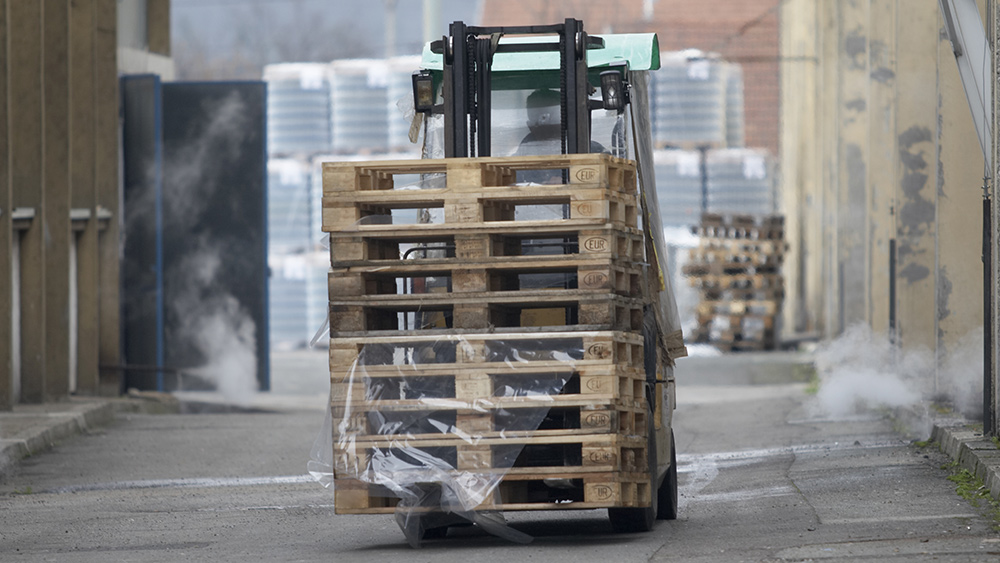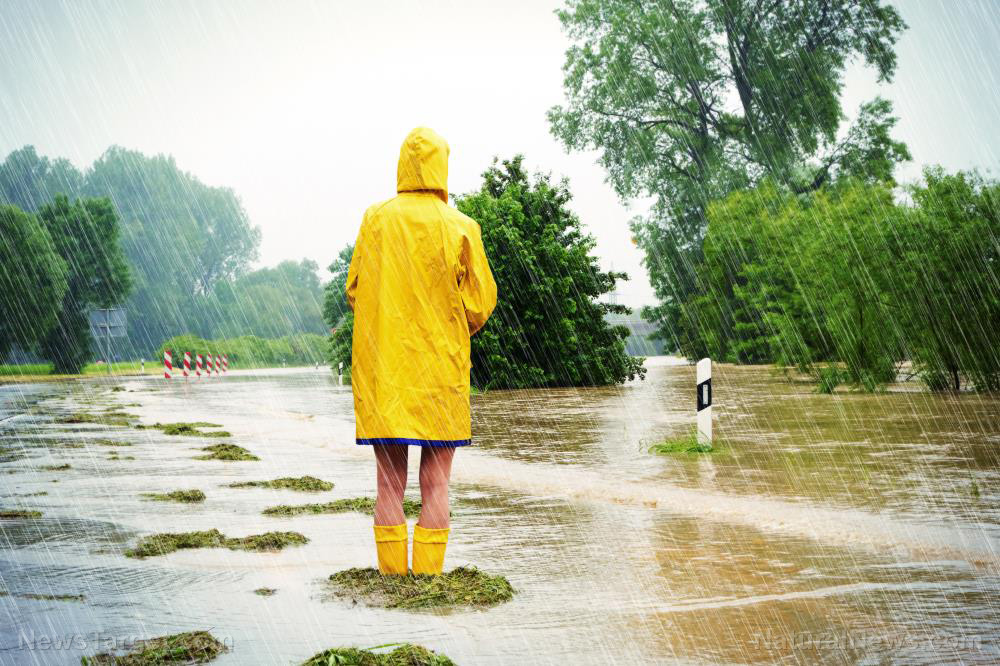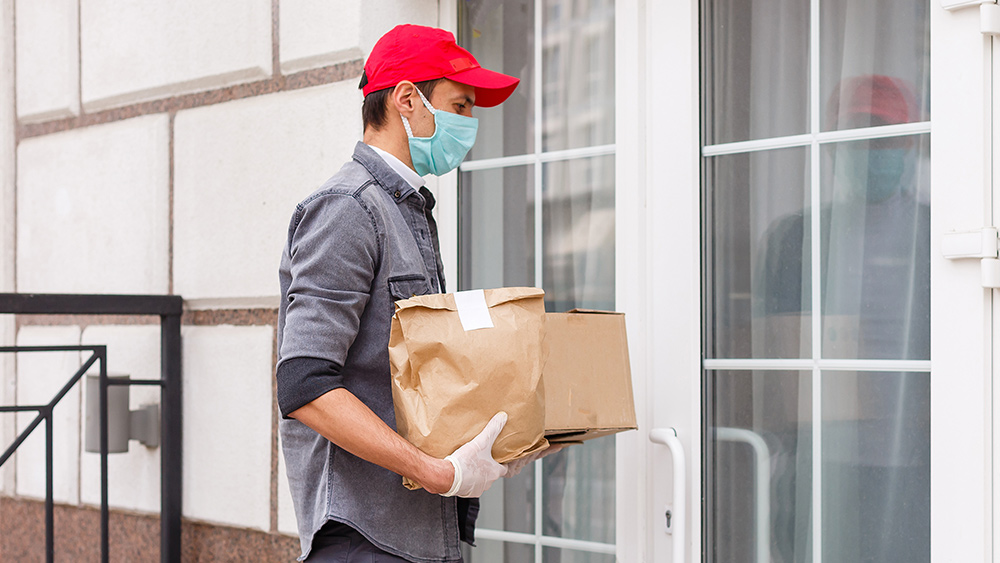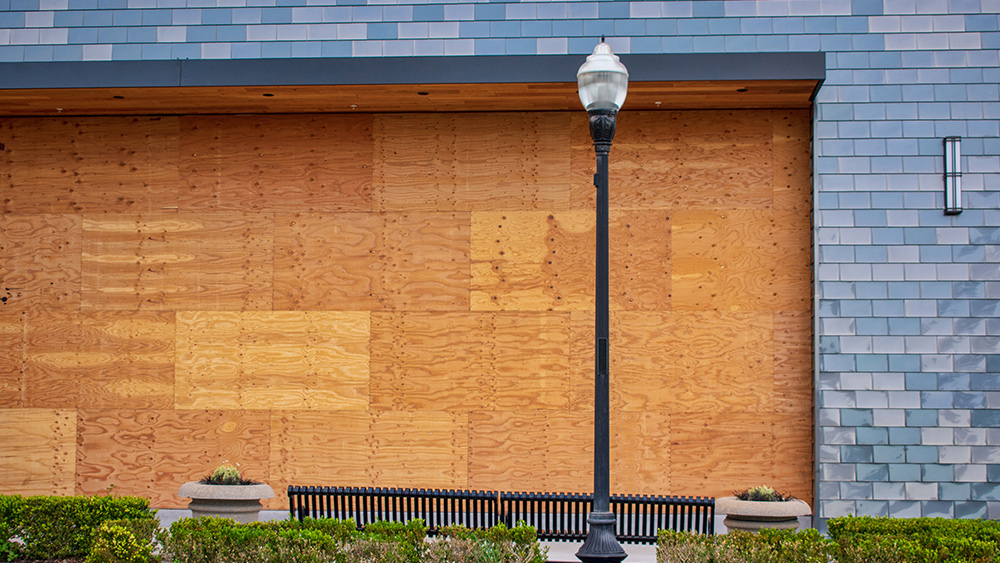Surviving the coronavirus pandemic: 10 Common mistakes to avoid when SHTF
04/24/2020 / By Zoey Sky

Preppers follow different sets of rules to prepare for various survival scenarios. While most of these guidelines cover things like essential survival skills and what kinds of supplies to stock up on, there are also mistakes that you must avoid so you can survive when SHTF.
If you want to survive something like the coronavirus pandemic, pay attention to the 10 mistakes detailed below.
During dangerous times, smaller mistakes can snowball into tragedies that can even claim lives.
To ensure the safety of your loved ones, keep yourself from making common prepping mistakes by practicing your skills, using your common sense and being disciplined. Acknowledge these common mistakes, and optimize your preps, so you don’t make the wrong choice when time is of the essence.
Being hotheaded
Acting decisively is different from acting rashly. The latter can get you killed, but the former involves studying the data you have, reconsidering your options and making a decision based on the pros and cons.
Not planning ahead
Preppers are planners. From your garden layout to your bug out and bug in plans, you need to sit down and draft your plans before finalizing and setting up your preps.
Once you’ve written down your plans, think of how things can go wrong and make plan B, so you have a backup when plan A fails.
Not being prepared
Your skills are important, but being prepared means you’ve already won half the battle.
Take this scenario: You’re going camping, but you didn’t pack several firestarters in your gear. It starts raining when you reach your campsite, and it takes you a while to get a warm fire going.
Contrast this with a scenario where your camping gear includes matches in a waterproof container, a lighter, and a ferro rod. Doesn’t scenario B seem more reassuring?
Improvisation is a life-saver, but you can tip the odds in your favor by setting up preps that won’t require you to make a split-second decision to save your life.
This doesn’t mean you can’t relax even in quiet times. Once you’ve set up the necessary preps, you can take things easy, but you should remain in a state of relaxed awareness, just to be safe.
Not learning basic survival skills
Technology has made life easier for the last couple of decades, but you can’t always rely on your GPS or gadgets when SHTF. If you’re lost in the woods, or you have a power outage at home, you’ll need old-school tools like a paper map and hand tools.
Balance your preps by using technology to your advantage and learning essential survival skills like firestarting and foraging. It’s a win-win for you.
Should you lose your phone or accessories, you can find your way back to civilization using a compass.
Below are some survival skills that you need to master before disaster strikes:
- Shelter building
- Firestarting
- Water filtration and purification
- Foraging
- Hunting
- Basic first aid
- Navigation
Trying to be heroic
While it is noble to help strangers in times of disaster, if you have a family of your own you need to think twice about risking your life. If anything happens to you, who’s going to protect your loved ones?
When SHTF, focus on staying alive so you can help more people.
Disregarding disaster response and safety procedures
Living in states prone to certain types of natural disasters like earthquakes or hurricanes means you must always monitor the news for disaster response and safety procedures.
Ignoring these warnings is the fastest way to get yourself and your loved ones killed when SHTF. It’s better to be too cautious when you hear warnings about a hurricane than being caught unawares.
Being too trusting
Preppers are cautious, not paranoid.
When disaster strikes, there are always those who will take advantage of your kindness to take what they need from you. Keep your preps a secret, and don’t announce your prepping lifestyle to avoid looters or unnecessary trouble when SHTF.
Staying ignorant
As a prepper, you must take advantage of technology and learn whatever you can — using the resources available to you.
Start by learning the skills that provide your basic needs, such as shelter, fire, water, food and security. (Related: OBLIVIOUS: People are telling me they are “fully prepared” because they have 2-3 weeks of food… later this year, these people will be eating each other.)
Being complacent
Complacency is another trait that seems harmless, but it can turn into your biggest enemy when disaster strikes.
Have emergency drills, check your gear, maintain your bug out vehicle, and replenish your stockpile regularly. Practice your skills and learn new ones whenever you have free time.
Be disciplined, even when things seem normal and quiet. Follow a balanced diet, be mindful, and exercise regularly to maintain your overall health.
Panicking when SHTF
Remain calm when facing a survival scenario. If you have to evacuate, get your bug-out bags, gather your family, and quickly go through your emergency preparedness plans.
If you are the head of the household, your loved ones will look to you for guidance when things are bleak. Maintain your composure and make sure everyone follows the plan.
If you’re easily rattled, try exercises to help improve your mental and emotional equilibrium. Focus on the things you can control, and think of your plans and preps.
When SHTF, don’t panic and follow plan A. If that doesn’t work, proceed to plan B.
Don’t be overwhelmed by the mistakes detailed in this list. Once you’ve made the necessary preps and learned the essential survival skills, you can protect yourself and your family from disasters like a coronavirus pandemic.
Everyone makes mistakes, even experienced preppers. What sets you apart from non-preppers is your self-discipline and foresight when SHTF.
Sources include:
Tagged Under: China, Collapse, coronavirus, covid-19, disaster, emergency preparedness, Flu, infections, off grid, outbreak, pandemic, preparedness, prepping, prepping tips, self-reliance, SHTF, superbugs, survival, Survival Tips, virus
RECENT NEWS & ARTICLES
COPYRIGHT © 2018 PANIC.NEWS
All content posted on this site is protected under Free Speech. Panic.news is not responsible for content written by contributing authors. The information on this site is provided for educational and entertainment purposes only. It is not intended as a substitute for professional advice of any kind. Panic.news assumes no responsibility for the use or misuse of this material. All trademarks, registered trademarks and service marks mentioned on this site are the property of their respective owners.



















